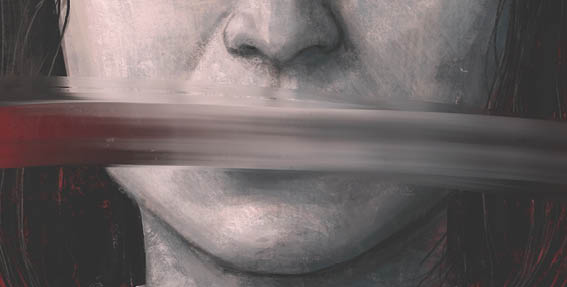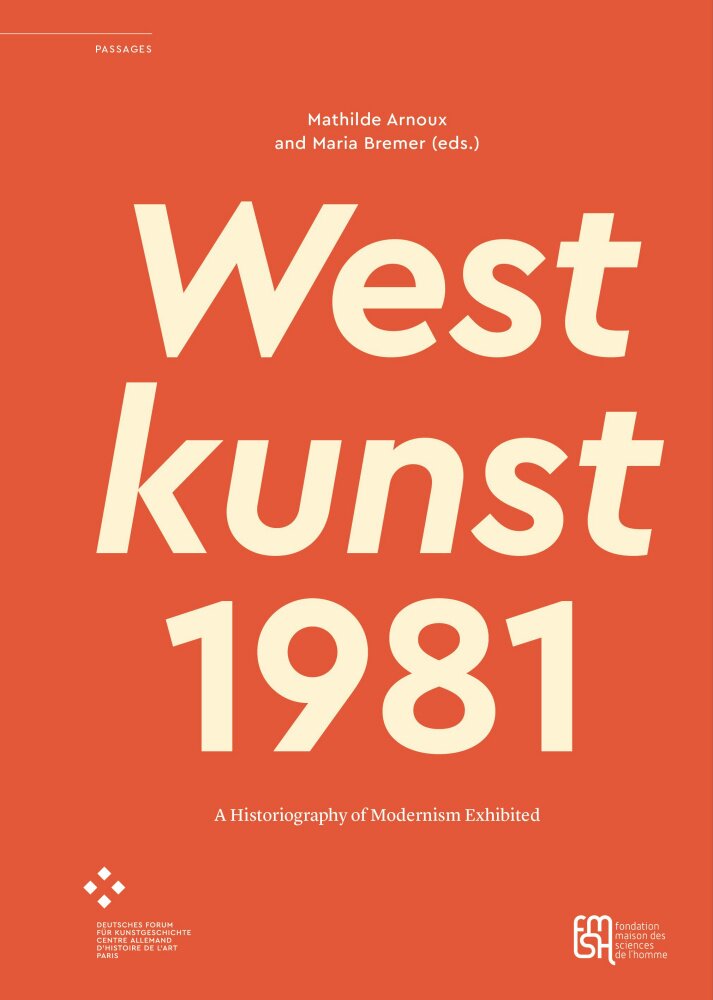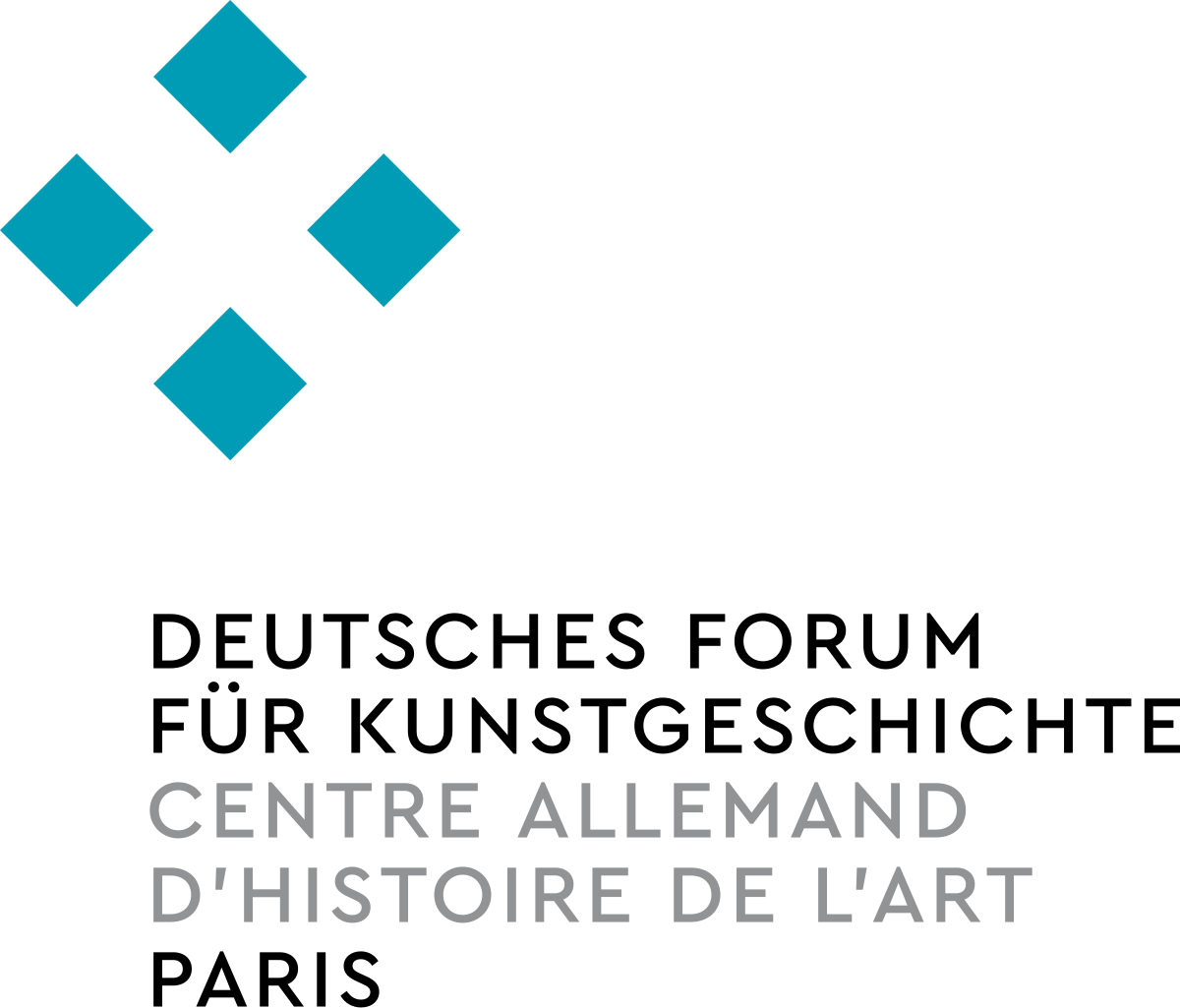Westkunst, 1981
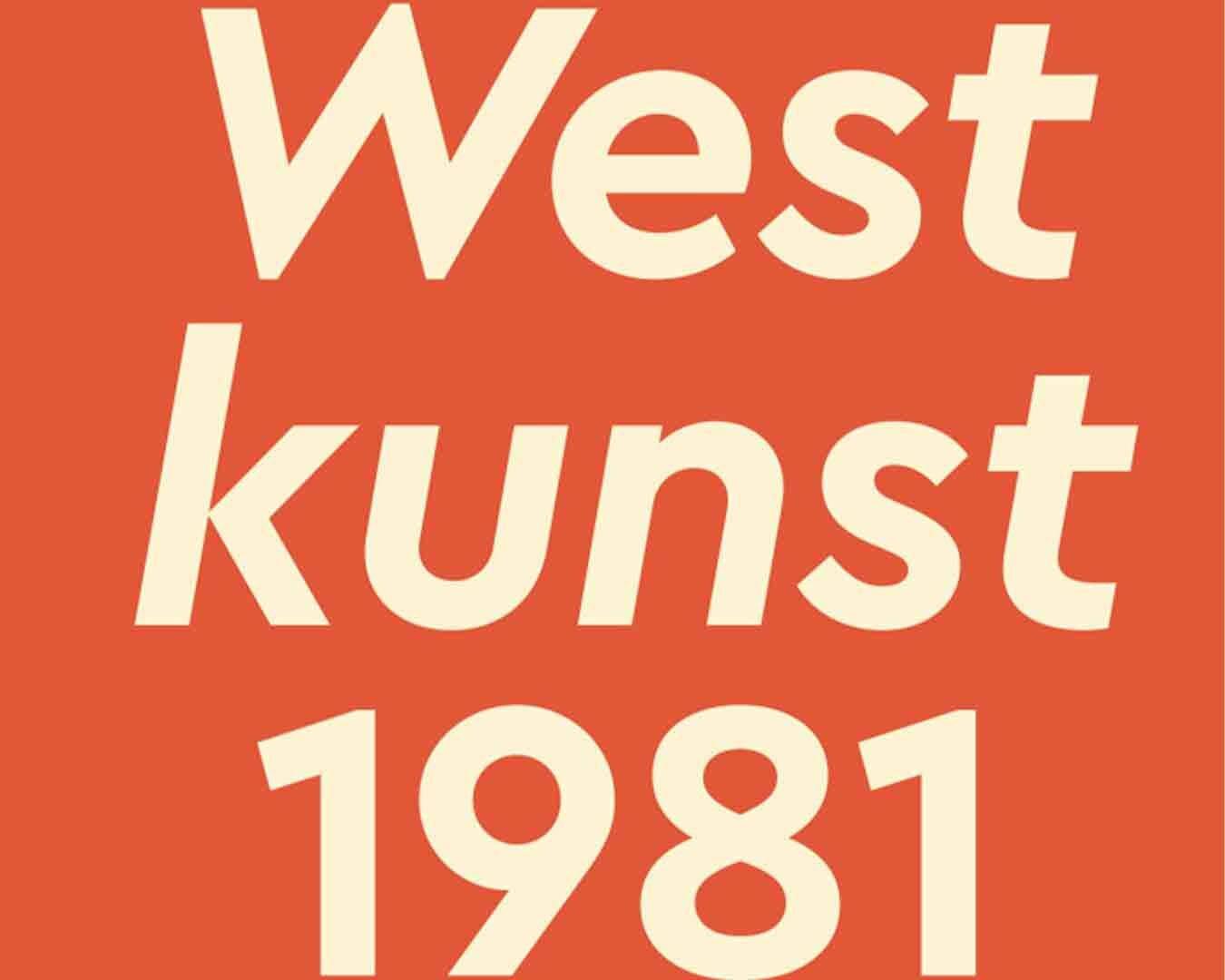
In 1981, the Cologne Trade-Fair centre hosted a large exhibition titled Westkunst: Zeitgenössische Kunst seit 1939 (Western Art: Contemporary Art since 1939). Organized by art critic Laszlo Glozer and curator Kasper König, the Western-centric survey highlighted avant-garde art and politically charged themes of freedom and individual expression.
By examining Westkunst‘s historiographical stakes in light of the Cold War division of Europe, the show is revealed as paradigmatic of the ways in which hegemonic concepts of ‘Western art’ and the accompanying processes of othering were fashioned in the art world. In this collective volume, Westkunst’s universalising claims are scrutinised by focusing on the artistic tendencies exhibited; on exhibitionary discourses and practices of decontextualisation, comparison, and appropriation; on the alleged realisation of the values of progress, freedom, and autonomy; on the enacted conceptions of temporality and the architectural devices of narrativisation; on the exhibition’s blind spots and exclusions and the critical reactions it elicited.
This analytic output makes fresh use of the archival materials, which are neither centralised nor systematized, with significant excerpts republished throughout the book. Seen through the lens of exhibition history, this revisiting of Westkunst sheds light on a broader trend of cultural conservatism that was gaining strength in the 1980s, just before the end of the Cold War, and on the start of new form of globalisation.
Mathilde Arnoux is director of research and responsible for French publications at the German Centre for the History of Art (DFK Paris). She defended her doctoral thesis in 2003 at the University of Paris IV under the supervision of Barthélémy Jobert on La réception de la peinture germanique par les musées français entre 1871 et 1981 (The reception of German painting by French museums between 1871 and 1981). She has since developed her research on artistic relations in the nineteenth and twentieth centuries through the analysis of the art press and the study of epistolary exchanges. From 2011 to 2016, she directed the ERC Starting Grant project "OwnReality". To each his own reality. La notion de réel dans les arts plastiques en France, RFA, RDA et Pologne, 1960-1989, working with a team of young European researchers on the study of artistic relations between countries on either side of the Iron Curtain. In 2017, this work led her to habilitate at the University of Paris Ouest Nanterre, with Ségolène Le Men as her guarantor.
Maria Bremer is an art historian specializing in contemporary art and exhibition history. She earned her PhD from Freie Universität Berlin in 2017 with a dissertation on the documenta editions of the 1970s, which was published in 2019 under the title Individuelle Mythologien. Kunst jenseits der Kritik. She worked as a research associate in the ERC-funded project "OwnReality" at the German Center for Art History in Paris (2011–2015) and as a postdoctoral researcher and Minerva Fast Track Fellow at the Bibliotheca Hertziana – Max Planck Institute for Art History in Rome (2017–2021). In 2021, she joined the Art History Institute of the Ruhr-Universität Bochum. Since October 2024, she has been a Visiting Professor at the Department of Art History at the University of Applied Arts in Vienna. Currently, she is developing a book project on the historiographical implications of all-women exhibitions in 1970s Italy and their contemporary restaging.
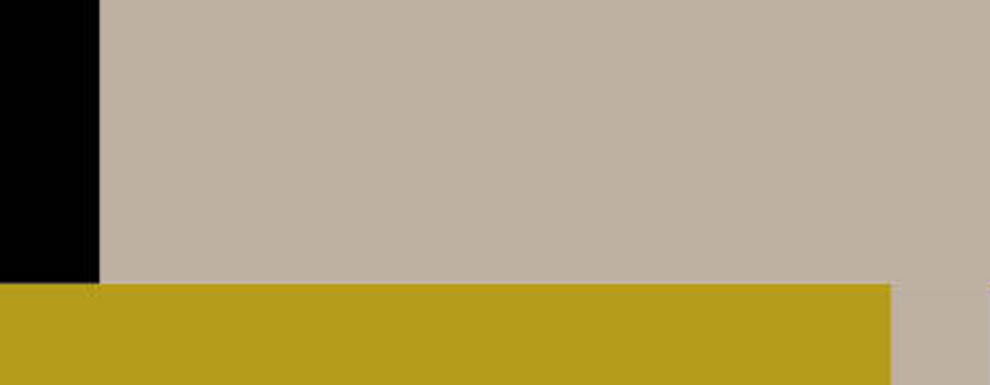
Sous les temps de l'équateur. Une histoire ancienne de l'Amazonie centrale
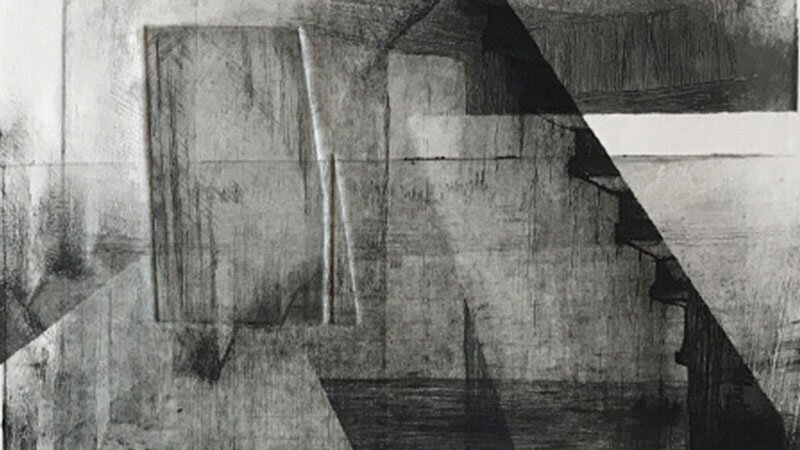
Le coopérisme
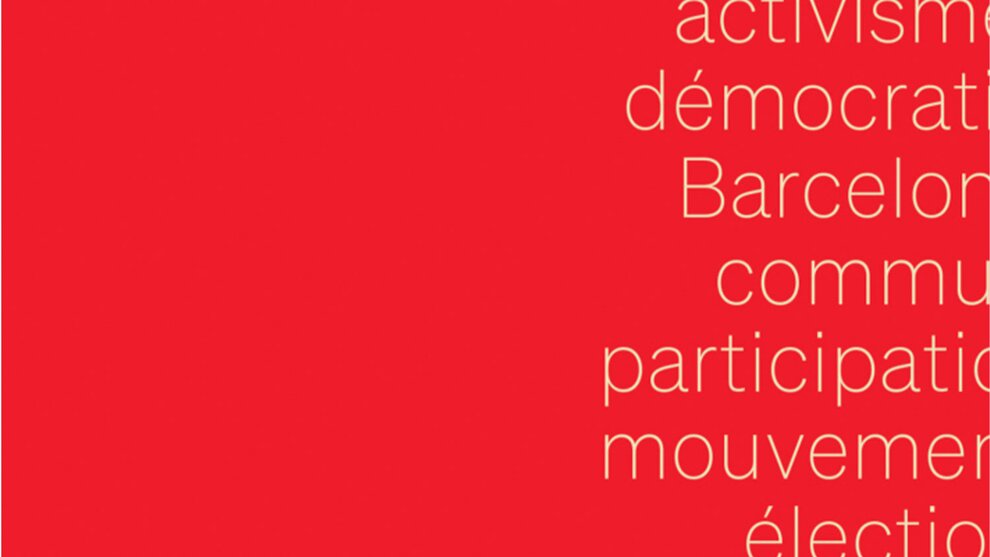
De la rue à la mairie
